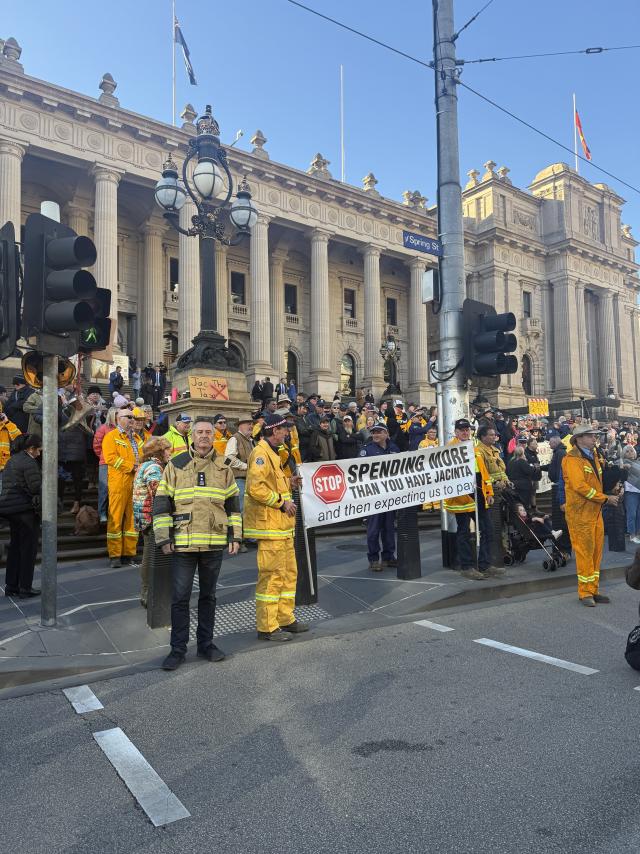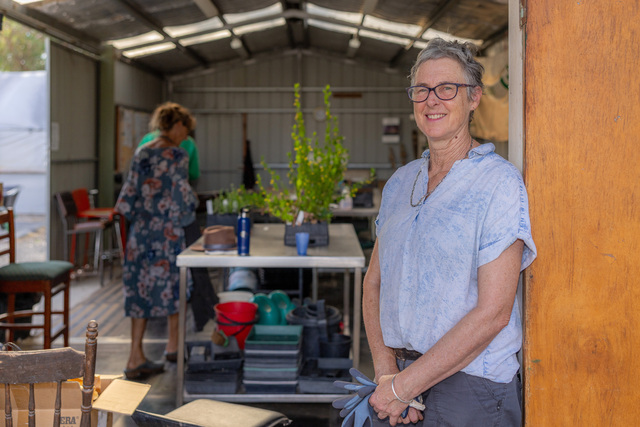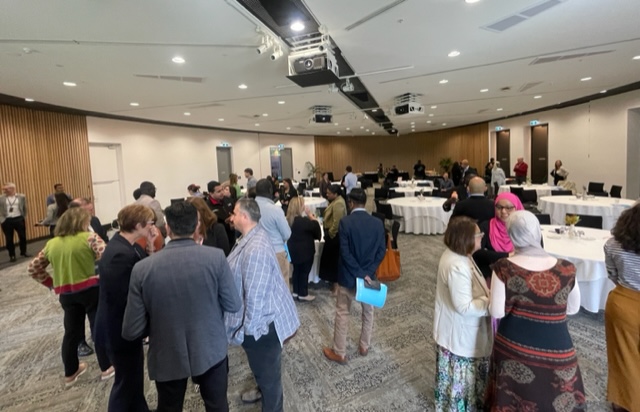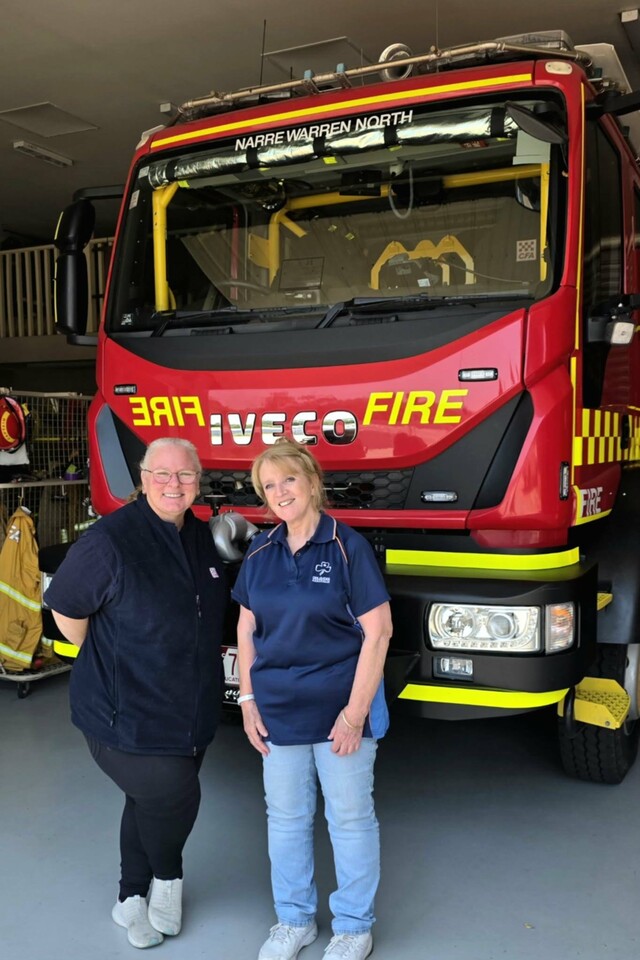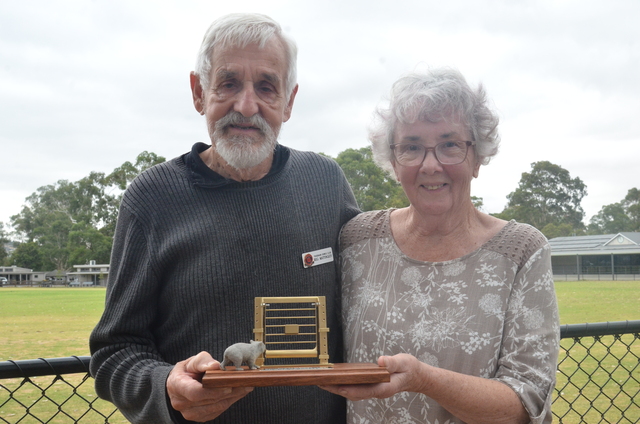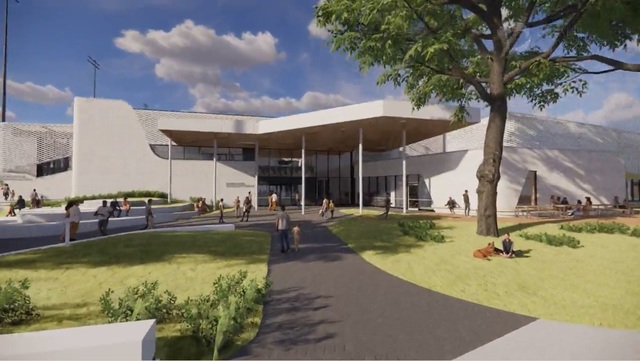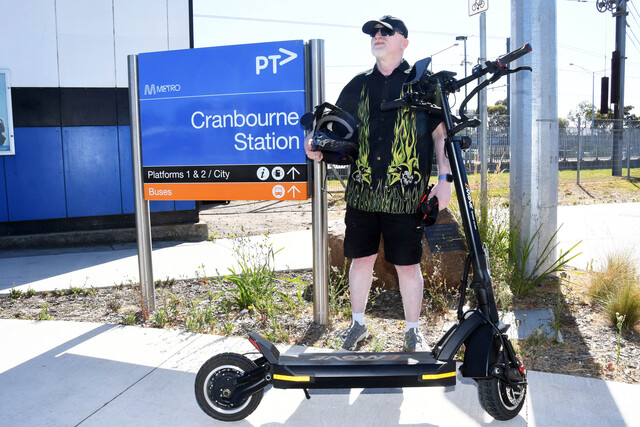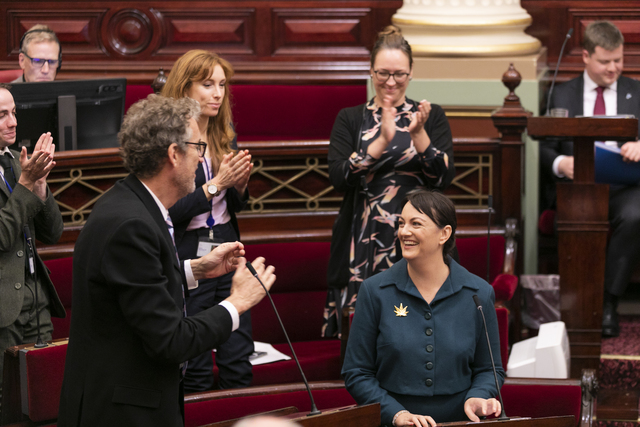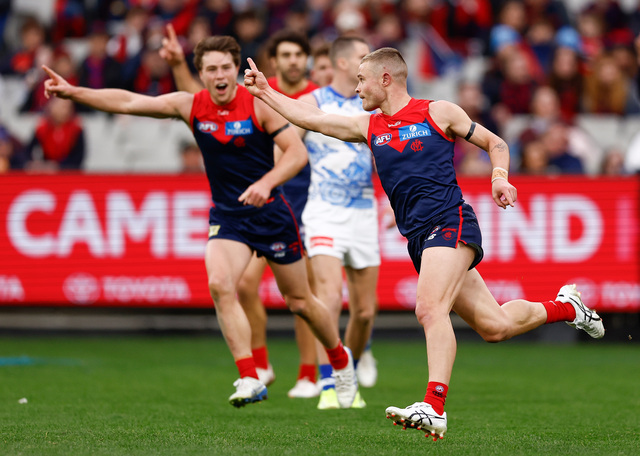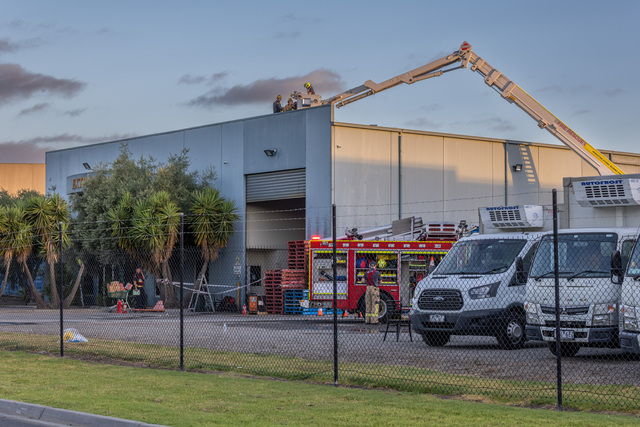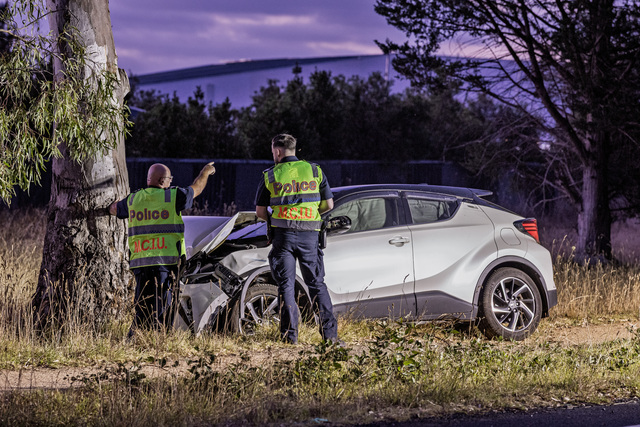Greater Dandenong Council has warned the introduction of the State Government’s controversial Emergency Services and Volunteers Fund (ESVF) will add “significant” cost-of-living pressure to its residents.
The new State Government levy is said to help the demanding emergency services sector by investing every dollar into towards new equipment, appliances, vehicles and volunteer training.
It will replace and exceed the Fire Services Property Levy (FSPL) on each council rates bill from 1 July.
In Greater Dandenong Council’s draft budget report for 2025-’26, the council warned that residents would pay almost double the variable rates component for the ESVF compared to the FSPL.
“This change is significant for our community amid the cost-of-living crisis.”
There’s an increase across all residential, commercial and industrial properties and farms according to the State Government ESVF rates.
For residential properties, the median charge will grow by more than 30 per cent from $191 to $254. For farmers, the median liability will grow by more than 85 per cent from $621 to $1120.
The new levy will fund 90 per cent of FRV’s budget, and 95 per cent of CFA’s and VICSES’s budgets.
It is estimated to collect more than $600 million a year more than the FSPL and more than $2 billion over the next three years.
Eligible CFA and VICSES volunteers will receive a rebate on their principal place of residence or farm.
Under the ESVF, the council expects to pay an additional $150,000 on council owned properties in 2025-26.
It is also left to collect the hefty tax for the State Government as City of Greater Dandenong clarified the tax is not included in council’s rate cap and levy increases at the discretion of the State Government.
“It is important to note that Council is not raising any additional revenue from the levy; it is merely acting as a collection agency on behalf of the State Government and is shown separate on rate notices,” Greater Dandenong council stated in its draft budget report.
“Council has received advice regarding the continuation of financial support arrangements for 2025-26 for administration support, although future years have not yet been confirmed.”
The mayor’s introduction to the draft budget mentioned council’s confrontation with “significant strains” on council resources to maintain services, infrastructure as the costs of delivery outpaces funding.
“In real terms this means it is very difficult to balance community expectations and deliver in the same way we have in the past.
“To sustain core services and address both current and future community needs, Council must adopt a realistic approach to what can be delivered within the financial constraints.
“We continue to advocate to other levels of Government highlighting this situation with a focus to minimise future impact to our community.”
The Liberal and National’s party were quick to announce it will scrap the levy “that rips $765 million a year from Victorian families, farmers and small businesses under the guise of supporting emergency services.”
Leader of the Opposition, Brad Battin, said the Allan Labor Government was once again using a heartless tax hike to plug its budget black hole.
“Only Labor could try and spin a massive land tax as support for volunteers. This is not about emergency services – it’s about squeezing more cash from Victorians to pay for Labor’s budget blowouts.
“Under our plan, the Liberals and Nationals will repeal the ESVF and return to the simpler, fairer Fire Services Property Levy – a model that funds fire services transparently, without punishing homeowners, renters and farmers.”
City of Casey Mayor Cr Stefan Koomen said the council values the crucial role emergency services play in supporting the Casey communities.
“However, we believe this increased levy unfairly places further financial pressure on our community, who are already well and truly feeling the impacts of cost-of-living pressures,” he said.
“It’s important to emphasise that the Council acts only as a collector of this levy, with all funds going directly to and managed by the State Government. Undertaking this role places extra pressure on Council resources.
“As a member of the Municipal Association of Victoria (MAV), we support last week’s agreed actions. Representing local Councils statewide, the MAV voted to lobby the State Government against Councils collecting this levy and to ensure that the levy is fair and doesn’t place an unfair burden on farmers or people living in rural areas.”
Bass Labor MP Jordan Crugnale said she knew this was a very difficult time for many members of the community, particularly farmers, with drought conditions and bad harvests.
“I am glad to see some recent changes to the levy, including reducing the cost to primary producers and providing refunds for farmers in drought-impacted areas,” she said.
“Eligible CFA and SES volunteers and life members will also receive a full refund on their primary residence. In addition, eligible farmers in declared drought-impacted areas will be able to claim an additional partial rebate in 2025/26. This means that these farmers will have no increase in their Emergency Services and Volunteers Fund levy rates compared to those they paid the previous year for their Fire Services Property Levy.
“Every single dollar raised by this new fund will support our emergency services. This is an extension of the Fire Services Levy, which brings in the SES who currently have to pay, for example, their own fuel, protective uniform, extinguisher checks and equipment repairs.
“These changes will give emergency services the funding and equipment they need as they face natural disasters, which are happening more often and becoming more destructive.”

